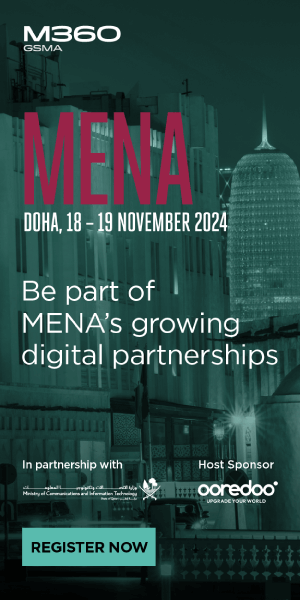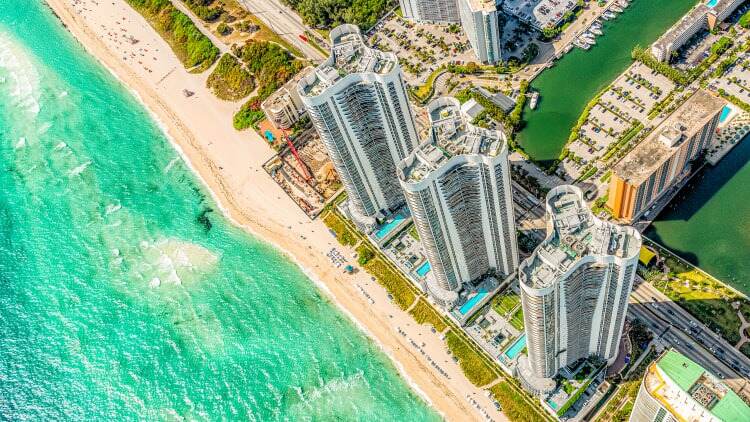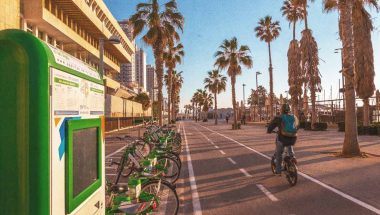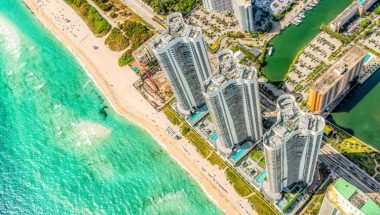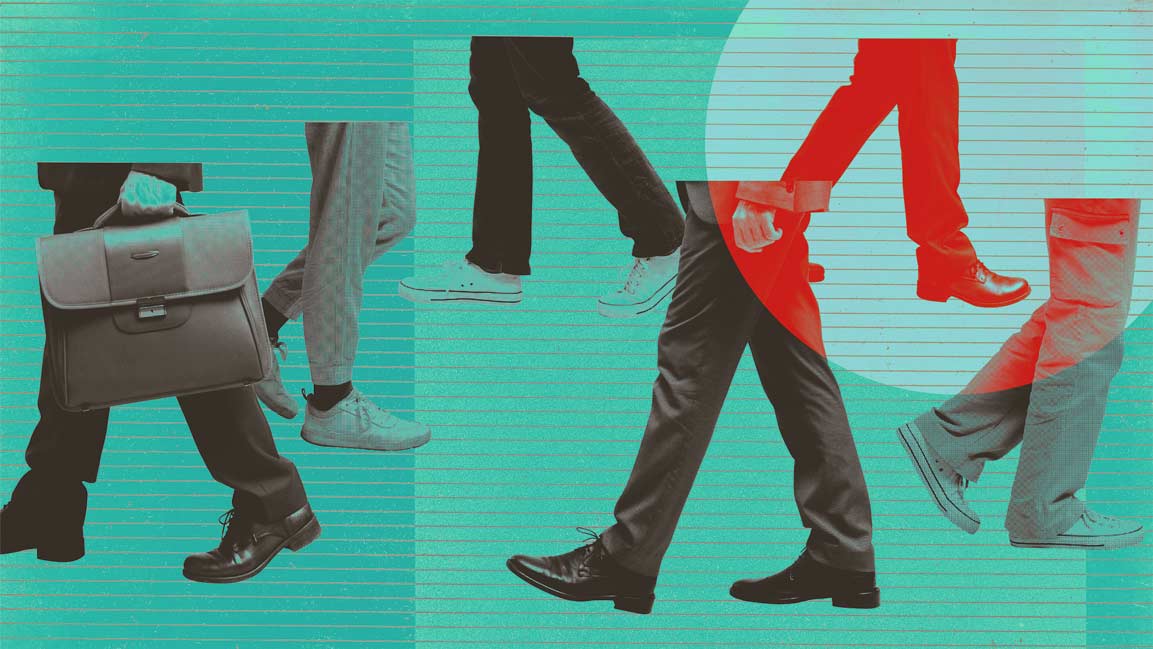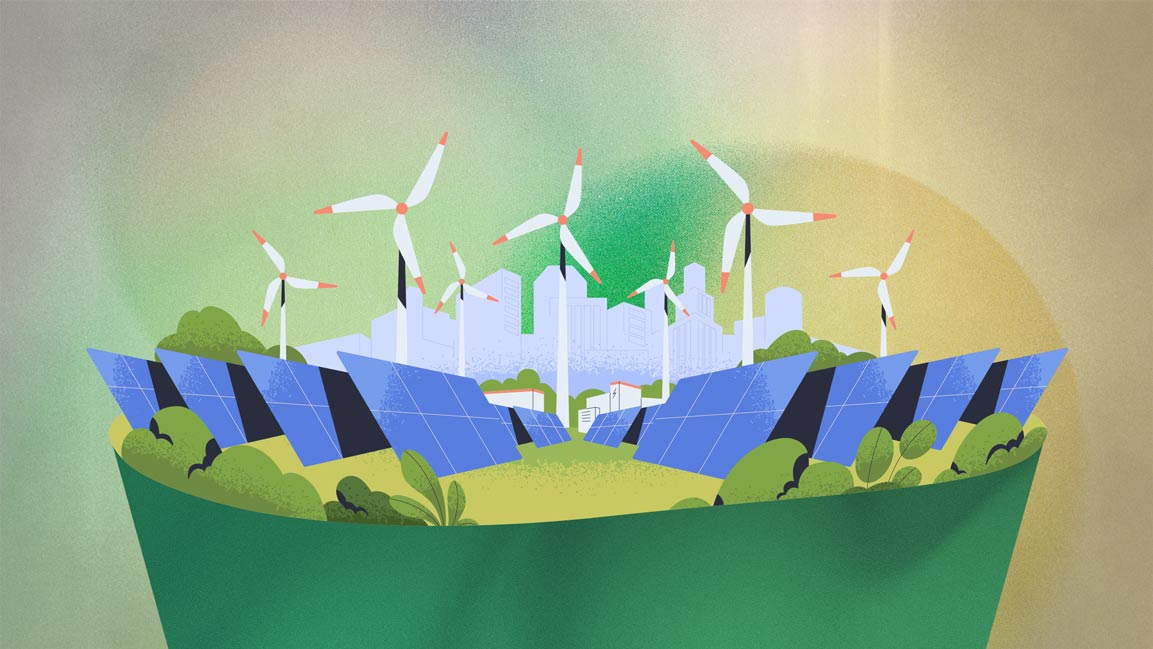- | 9:00 am
Can live shows fire the Middle East’s post-pandemic economic recovery?
As the pandemic continues to fade, and concerts and shows get into the groove, experts say live entertainment has a region-wide economic impact

When Amir Mohammed, 28, of Jeddah, received his second vaccine shot in January, the next big event on his agenda was the JTTX Music Festival. He was eager to see one of his favorite acts live – American rapper Tyga and Egyptian superstar Mohamed Hamak – in March. The tickets cost about $93 per person, more than Amir expected. But Amir said he considers himself lucky for being able to get them. It was remarkable not for the concert itself but for the fact that 5,000 concert tickets for the Tyga and Hamaki show sold out in less than an hour.
The same fervor was seen in Abu Dhabi in May when the multiple Grammy award-winning Maroon 5 came back to the UAE for a triumphant show. Frontman Adam Levine, fresh off from their performance at the Giza Pyramids in Egypt, burst onto the stage, diving straight into their hit song Moves Like Jagger at the Yas Island’s Etihad Arena in Abu Dhabi. It also sold out quickly.
One of the most remarkable things about the region is its unparalleled line-up of shows and concerts – each feels like an event of Super Bowl-esque proportions. Some smaller concert venues are opening up as well, and those venues are having an easy time filling the seats they are able to offer.
Shows are at the absolute peak of the live food chain of the entertainment industry, and experts say the entertainment push can create more jobs, bolster the Middle East’s post-pandemic economic recovery.
BRINGING HOME THE BEST ACTS
Concerts and music festivals in Saudi Arabia are in full throttle. It’s a remarkable turnaround for a country, where only a few years ago music concerts and film screenings were banned. In 2019, MDL Beast, the three-day music festival in Riyadh featuring DJ Afrojack, Tiesto, David Guetta, and J Balvin, drew in nearly 300,000 people. Since the launch of Riyadh Season last October, where pop star Pitbull played in front of 750,000 people in the opening ceremony, over 50 concerts were held until March.
This year, music events in Saudi Arabia will rise by up to 600% from 2019, according to the Ministry of Tourism. The kingdom is set to create over 65,000 music-related jobs within the next eight years, which will help the sector contribute 1% to the kingdom’s economy by 2030.
They are part of a large-scale push by the government to create a vibrant entertainment sector for its 35 million people. Bringing home the best acts, the country keeps those who spend millions on entertainment abroad in the country. The Saudi government has budgeted $64 billion for it over the next decade to build an ecosystem for arts, tourism, and entertainment. The effort is led by the General Entertainment Authority, which has grown rapidly since its creation in 2016.
For a decade now, the UAE, particularly Dubai, has positioned itself as the top global travel and tourism destination and included live events and entertainment as an economic driver. The number of music tourists, those travelling from overseas or within the UAE to get to live events, is increasing year-on-year, according to industry watchers. It has attracted sizeable inbound investment as leading brands, multinational corporations, and live event and entertainment infrastructure established within the country to solidify its growth. The country established the Dubai Opera, Coca Cola arena, Etihad Arena, and La Perle, among many others. The Expo 2020 Dubai further boosted the live entertainment industry across the country.
“Live events play a significant role in firing the engine of economic growth within the Middle East, as countries look to diversify away from the traditional industries,” says Dan Bolton, owner of Dan Bolton Creative Management Agency, which specializes in event and entertainment design and production in the UAE.
The thirst for entertainment in Saudi Arabia is plain to see. Riyadh and Jeddah seasons, the countrywide festival initiatives, are attracting record numbers. “Jeddah season attracted over a quarter of million visitors in its first three days alone,” says Bolton. “The MDL Beast, the region’s answer to Tomorrowland, saw over a million visitors.”
The mega event made a comeback after a two-year hiatus due to the pandemic. Another popular music festival in the kingdom is Soundstorm, which is in its third edition, and features global, regional, and local superstars.
With an addressable population of over 380 million, the region is becoming an increasingly significant market for global live event organizers. Silent House, a production design firm that builds staging for Harry Styles, Rihanna and Bruno Mars, handled the overall design of SoundStorm 2021.
The Middle Eastern media and entertainment market was valued at over $30 million in 2020, and is expected to reach over $47 million by 2026, registering a CAGR of 7.4% during the period 2021-2026. A PwC report expects entertainment revenues to increase by 3% in the Middle East between 2019 and 2024, exceeding the 2% rise forecast globally. The UAE entertainment industry is projected to expand at a CAGR of 9% from 2021 to 2028.
NO FUNNY BUSINESS
Concerts or music festivals are the most popular, comedy is a serious business, too. Its venues are money-spinners; apart from ticket sales, income from food and drink sales tends to be crucial. In May, Dubai Comedy Festival saw some rip-roaring performances by Josh Widdecombe, Elmaleh, Jo Koy, Russel Peters, and Vir Das. The 11-day event was well-received. The live comedy industry has struggled during the past two years, says Gail Clough, co-founder of The Laugher Factory. “The live comedy industry was decimated; a lot of professional comics had to get day jobs. Now, things are starting to get back to normal. We had Jason Manford in April. It sold out very quickly. People will always find the money for their favorite comic.”
People love to have fun, particularly in this part of the world, adds Clough. “Gathering in groups to laugh, sing and dance is a big part of human nature. Shows are the best way to make this happen.” The biggest payoff is seeing the joy the performers feel getting back on stage, the audiences get from witnessing it, and, of course, the ecosystem of the live event reemerges.
OUT-OF-TOWN ATTENDEES SPENDING
Fans from neighboring countries travel to Dubai to watch big comic acts like Russell Peters and Jason Manford, which positively impact the economy. “During Expo 2022, people traveled to Dubai from different parts of the world, boosting shows’ sales,” says Clough. The Middle East Film & Comic Con, an annual convention that takes place in Abu Dhabi, which has been going on for ten years, is another large pop culture festival in the region that brings together sci-fi and fantasy fans across the region to celebrate the genres through film and comic books.
Big shows and concerts increase off-site spending by out-of-town live event attendees, adding to the economy. The thinking is if an out-of-town attendee were to spend $100 on a concert ticket, the local economy would benefit from an additional $330 in spending, resulting in a total spending impact of $430.
They have a significant trickle-down effect on the economy. The economic impact of live events extends beyond the jobs, event, and venue itself to local restaurants, hotels, bars, retailers, and small businesses.
“People are now more willing to travel for cultural events such as music festivals and mega-events. This positively impacts the economy with additional indirect spending generated by each of these attendees,” says Bolton “This can be seen across increased employment opportunities and job offerings, high demand from popular flight routes, increased numbers of international visitors, increased hotel occupancies, and an increased F&B spend across many venues.”
It is no coincidence that countries are embedding live events and entertainment at the heart of their economic policies and utilizing it as a vehicle to drive post-pandemic recovery.
The health of live entertainment suffered because its lifeblood – inter-country and international touring and festivals – had been cut off during the past two years due to the pandemic. Now, as the world starts to get back to normal, venues such as Coca Cola Arena and the Etihad Arena are increasingly announcing the return of major artists in the UAE. Large scale festivals have announced their return with the likes of Sole DXB making a long-awaited comeback in the latter part of the year. Other significant regional events such as the Abu Dhabi F1, Dubai Rugby Sevens, the popular Mother of the Nation festival and more continue to get back to the old normal.
As the live entertainment industry gets back on its feet in the region securing the support of governments is going to be important. Bolton pointed out that while big event production companies are thriving, the smaller producers are struggling. “The industry across the region is gathering increased governmental support and funding, but often this positive growth and inward investment is skewed in the direction of state-led projects and larger event/entertainment production companies. The smaller producers and production companies are still trying to get a foot on the ladder with the opportunities that are presenting themselves.”
Once the industry matures, experts say, the live events sector will largely comprise of concerts and festivals initiated by the private sector and creative communities.
Meanwhile, after grappling with different capacity rules and restrictions due to the pandemic, promoters are clamoring to get their new acts on the calendar. One constant will remain the same, though. Fan appetite to see live shows.






